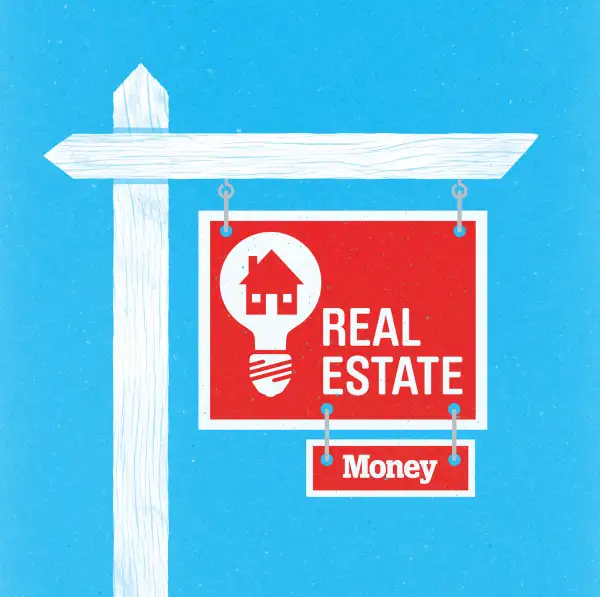Should We Buy a Home Now or Keep Renting?

Q: My wife and I are enjoying city life and the flexibility of being renters. But everyone says we’re crazy for not buying a home. Is renting really such a bad financial move?
A: You’re certainly not crazy for enjoying the food, culture, and lifestyle that come with living in a great American city. But your real question seems to be whether it’s better to buy a home -- even a downtown condo or co-op apartment, rather than a single-family property -- or keep renting.
By waiting, of course, you’re missing out on the mortgage tax deduction. Often called the last middle-class tax break, this allows homeowners to write off the mortgage interest they pay on their primary home. If you were to buy a home at the national median price (now about $229,000) with the standard 20% down payment and a 4% fixed mortgage rate, you could get a roughly $7,269 write-off in Year 1 -- and end up paying $1,817 less that year in taxes, assuming a 25% effective tax rate. For the median price home in San Francisco -- a whopping $1 million -- your first-year savings could be more like $7,935, given the same set of assumptions.
So for the simplest comparison, you would subtract that tax savings from your annual mortgage payments and weigh that against the cost of your rental.
But there are other factors to consider. Home maintenance costs are one issue; they might move the needle closer to the rental side. Assuming that you do plan to buy eventually, however, a stronger argument to make a move now has to do with mortgage interest rates, which are near historic lows -- just over 4% as of this writing -- and home prices, which while up from the depths of the Great Recession, are expected to rise in the next few years.
Waiting just a year to buy would mean an estimated loss of $18,672 in missed monetary gain and other financial benefits, according to an analysis published in May by Realtor.com chief economist Jonathan Smoke. Waiting three years would cost $54,879, according to Smoke's Opportunity Cost Report.
Now, it’s no surprise that an economist associated with the National Association of Realtors would suggest buying into the housing market, but a look at the math that went into his equation does make a strong case:
- In 80% of counties, buying is simply cheaper than renting (based on a comparison of median rent vs. the typical monthly payment for a median price home, subtracting the mortgage interest deduction but adding 1% of the purchase price each year for repairs and maintenance), according to Smoke.
- Notwithstanding the past decade's crash, real estate values have historically appreciated at 1% above the inflation rate over the long term. That's after accounting for closing costs, which Smoke pegs at 8%, including commissions and other costs.
- Rental costs are expected to increase 1.9% in the next year and then 2.2% a year for the next decade, Smoke says, citing an analysis of Housing and Urban Development fair market rent statistics and historical trends.
- Realtor.com predicts that housing prices will increase 5.4% this year, based on current supply and demand, and then an average of 3% moving forward, saying that housing historically increases one percentage point above the inflation rate (and assuming the Fed successfully targets 2% inflation).
- Realtor.com also predicts that interest rates will climb from the current 4.05% to 4.4% in one year, and add another 1% each of the following two years.
Working off those forecasts, Smoke crunched the numbers nationally and for 381 “metropolitan statistical areas” across the country. His conclusion: Other than in one market in North Dakota, the scales tip hard toward buying.
He found the greatest "opportunity loss" in Santa Cruz, Calif., where Smoke calculated a one-year loss of $65,780 and a three-year loss of $203,524. But buying won out even far from Silicon Valley -- in places like Beckley, W. Va., for instance, where the one-year loss was $9,491 and the three-year was $29,599.
“Waiting to buy into the housing market right now is like waiting to start contributing to your 401(k) when the S&P is near historic lows,” says the bullish analyst. “You’re losing out on the time value of money -- and you’re missing out on a great buying opportunity.”
There's one more argument for buying, says Smoke. He characterizes a mortgage as a forced savings account, since you pay down principal each month.
“People say, well if you invested that money in mutual funds instead, it might earn a higher return,” says Smoke. “But in reality, renters aren’t setting aside and investing the money they would have spent on principal payments.”
